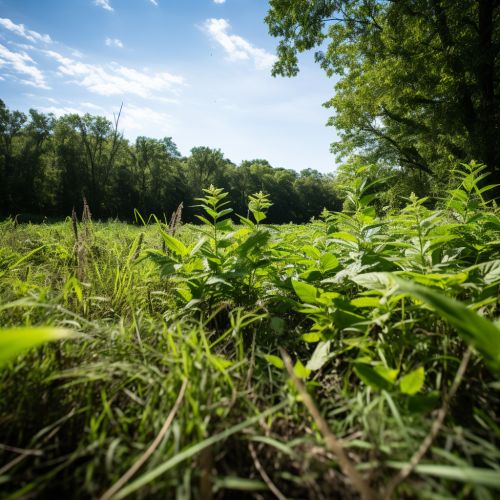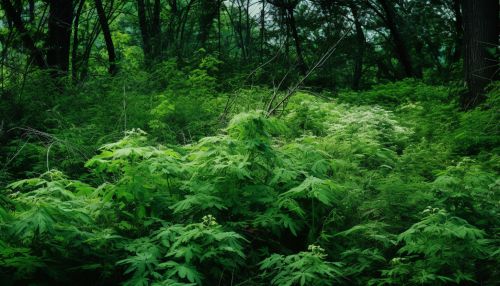Invasive Species
Introduction
Invasive species are organisms that are not native to a specific location (an ecosystem) and that have a tendency to spread to a degree believed to cause damage to the environment, human economy, or human health. The concept of invasive species is a complex one, involving aspects of ecology, biology, agriculture, public health, and economics.
Definition and Characteristics
An invasive species can be any kind of living organism—an amphibian (like the cane toad), plant, insect, fish, fungus, bacteria, or even an organism's seeds or eggs—that is not native to an ecosystem and causes harm. They can harm the environment, the economy, or even human health. Species that grow and reproduce quickly, and spread aggressively, with potential to cause harm, are given the label "invasive".
Impact on Biodiversity
Invasive species can have a profound impact on biodiversity, the variety of life forms in a given area. They can outcompete native species for resources, alter habitats, and disrupt food chains. In some cases, invasive species have driven native species to extinction, resulting in a loss of biodiversity.


Causes of Invasion
There are several factors that contribute to the invasion of a species. These include the absence of natural predators in the new environment, greater reproductive success in the new habitat, and the ability to outcompete native species for resources.
Control and Management
The control and management of invasive species involves a variety of strategies, including physical removal, the use of pesticides, and biological control methods such as the introduction of predators or pathogens.
Case Studies
Several case studies illustrate the impact of invasive species on different ecosystems. These include the introduction of the brown tree snake to Guam, the zebra mussel invasion in the Great Lakes, and the spread of the Asian carp in the Mississippi River.
